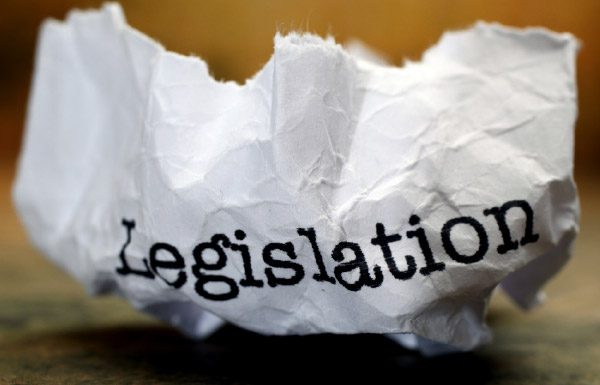In March 2022, it was announced that the Office of Rail and Road (ORR) would prosecute TfL, the driver and operator responsible for the Croydon Tram crash of 2016 for Health & Safety failings.

When it comes to workplace health and safety both criminal law and civil law apply; but they are not the same thing. If you are an employer, you have a legal obligation to protect your workforce as well as any outside visitors to your place of work. You need to do all you can to prevent them from being hurt or falling ill. If you fail to do this, the Health and Safety Executive or your local authority can take legal action against you under criminal law and the person who has been affected can make a claim for compensation against you under civil law. Neither the HSE nor your local authority have responsibility for applying civil law or setting the rules for the conduct of civil cases.
The main piece of legislation is the Health and Safety at Work Act 1974 (HSWA). Under this Act, nobody needs to have been hurt or fallen ill for any action to be taken – there only needs to be a risk of harm – and that’s why it is vital to physically manage and control any risks in the workplace – having the right paperwork isn’t enough to show you are complying with the law, resulting in:
- A verbal or written advice
- Receive an improvement or prohibition notice
- Be prosecuted and fined for serious offences like some of these well-known organisations:
WH Malcom Limited, operators of Daventry International Rail Freight Terminal fined £6.5m after being found guilty of negligence over the death of an 11-year-old boy.
During a trial which lasted three weeks, the court heard how ORR’s investigation found WH Malcom had not only failed to assess the risk of unauthorised access to the terminal, but also failed to implement appropriate measures to prevent unauthorised access to a part of the site where there were frequent freight movements and overhead line equipment energised at 25,000 volts.
National gas utility company National Grid Gas plc been fined £4million for failing to ensure its records relating to gas risers in some high-rise multi occupancy building were up to date.
After HSE had requested the information, it found that management records were incomplete and that records on 769 buildings were missing, meaning gas risers in these HRMOBs had not been subject to a condition survey, inspection, or routine maintenance for a number of years. They also found National Grid Gas had failed to ensure that 112 HRMOBs had Pipeline Isolation Valves (PIVs) so that gas to these buildings could be isolated in the event of an incident.
Vue cinema chain fined £750,000 for health and safety failures after a reclining seat came down on a man’s neck and killed him.
Ateeq Rafiq had gone to the cinema and when the film was over, could not find either his keys or his phone and looked under the seat for them. The footrest started to come down on him, causing him ‘catastrophic’ injuries; he died a week later from a hypoxic brain injury. A week-long inquest was told the seat was missing a bar that would have allowed him to be released by hand. Vue Entertainment Ltd admitted two charges, one under the Health and Safety at Work Act 1974 and one under the Management and Safety of Work Regulations 1999. It pleaded guilty to failing to ensure that persons were not exposed to risk to their health and safety and failing to make a suitable and safe risk assessment in relation to the use of powered cinema seating.
Source: shponline.co.uk

